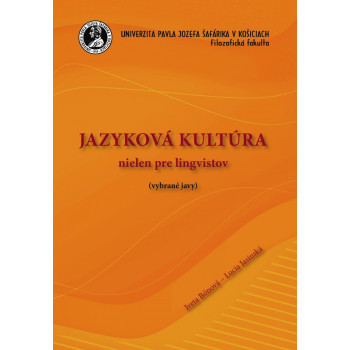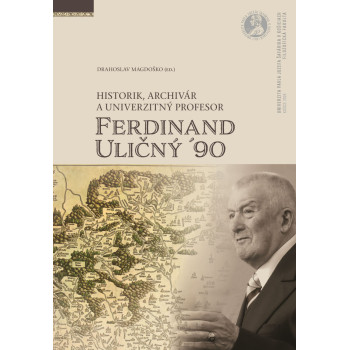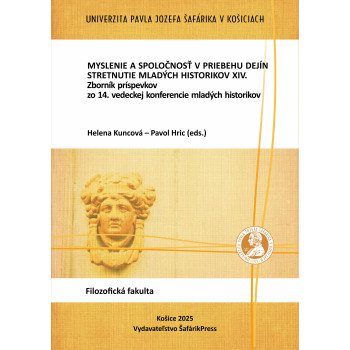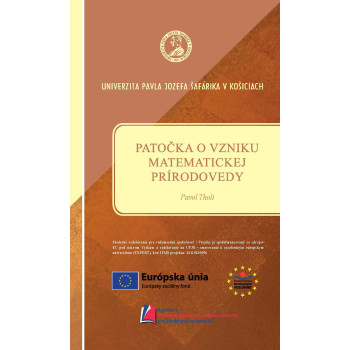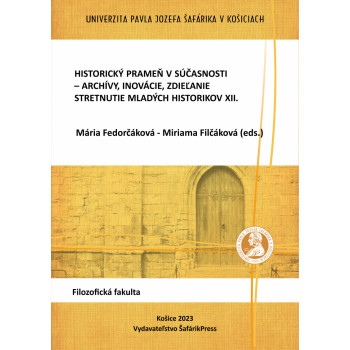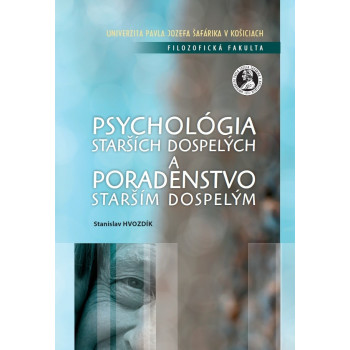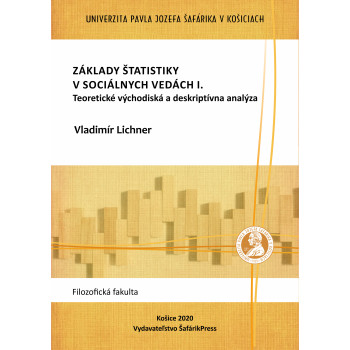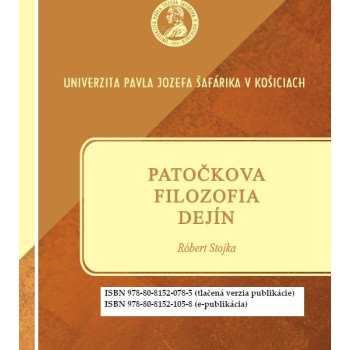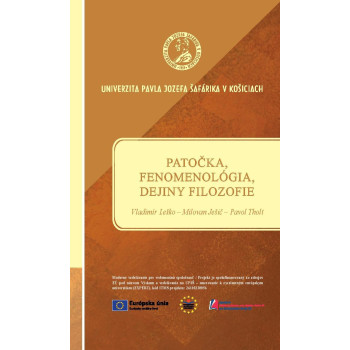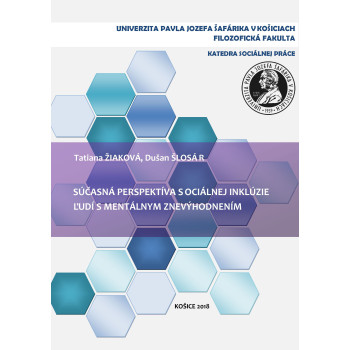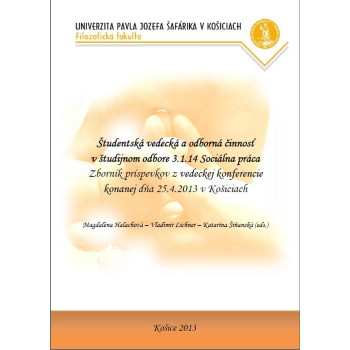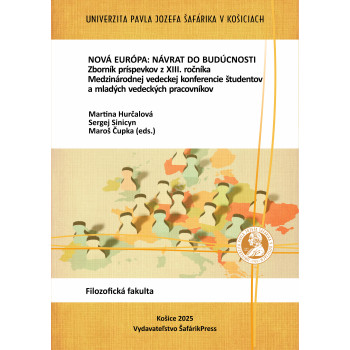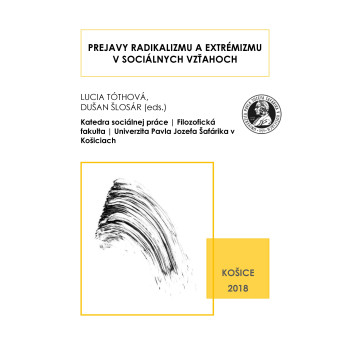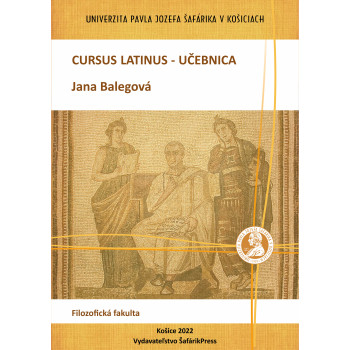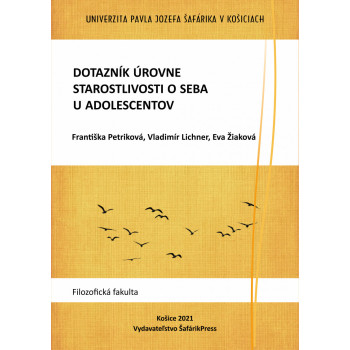
Jazyková kultúra nielen pre lingvistov (vybrané...
E-book
Language culture is not only for linguists; it is a professional publication suitable as a textbook, in which we attempt to describe and explain the most frequent phenomena of speech practice in an innovative way.
These phenomena are observed not only in the media environment but also in the academic sphere, which, with regard to the communication sphere (mass media communication, scientific research), are often used incorrectly and thus subconsciously penetrate the language awareness of all language users.
This includes those for whom language is a working tool with a primarily representative function (teachers at all levels of schools or radio and television workers).



